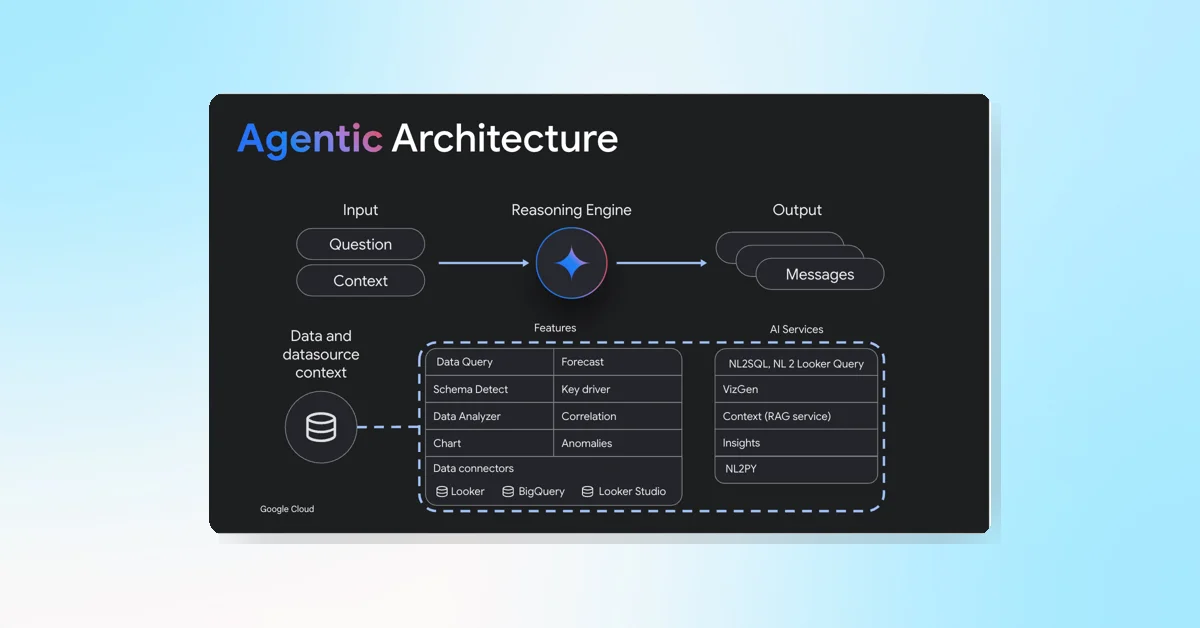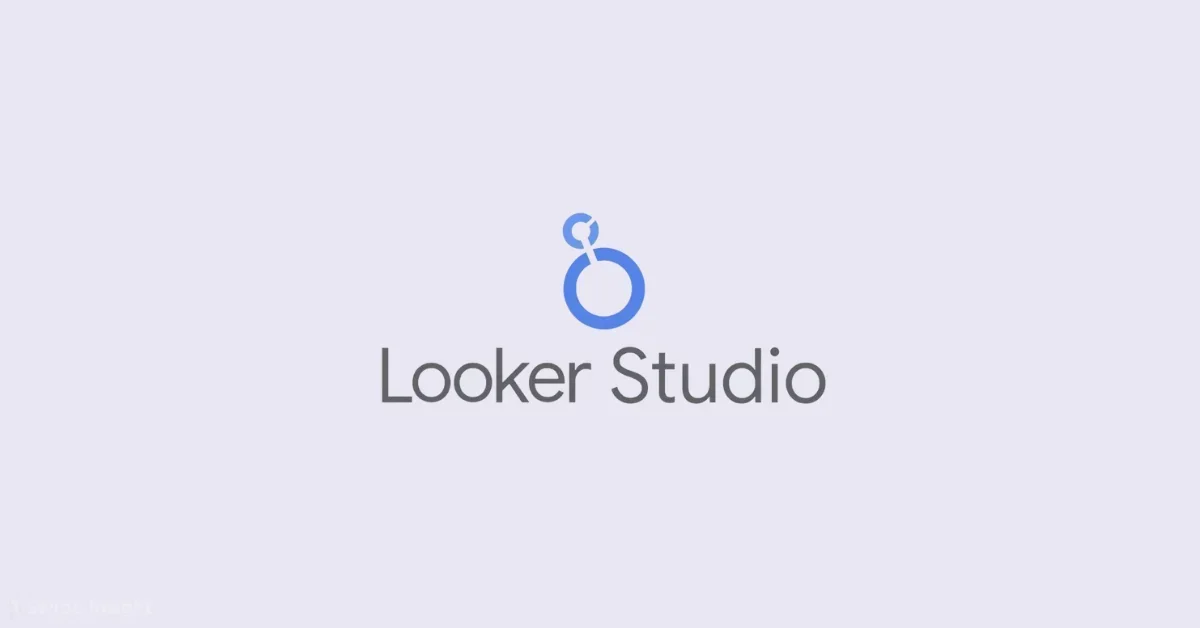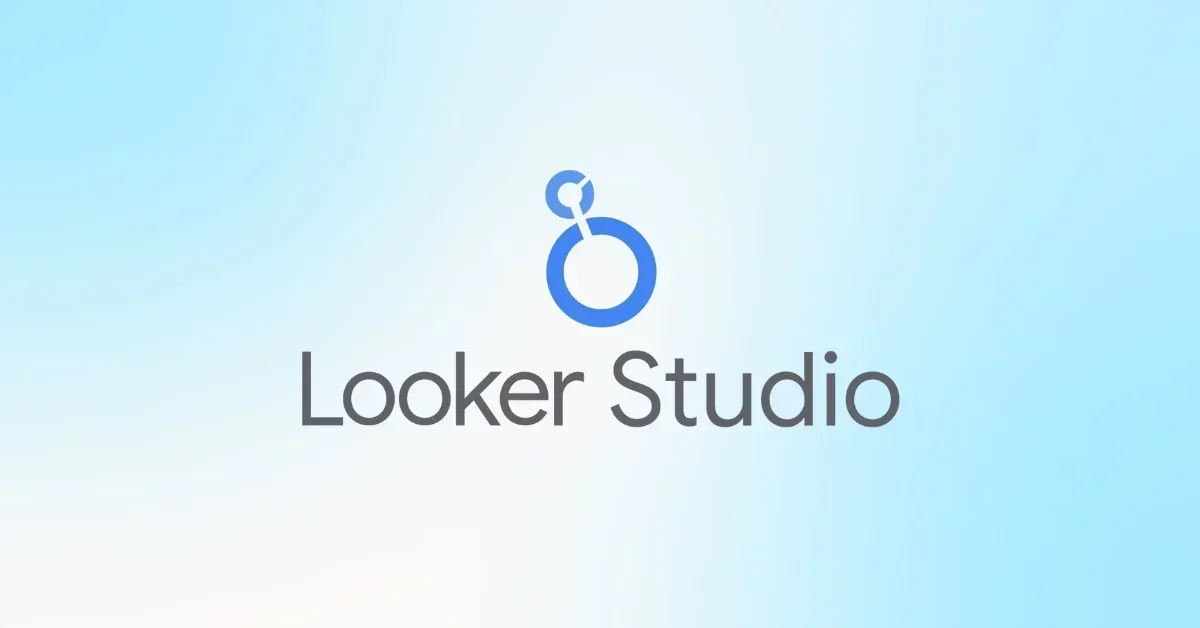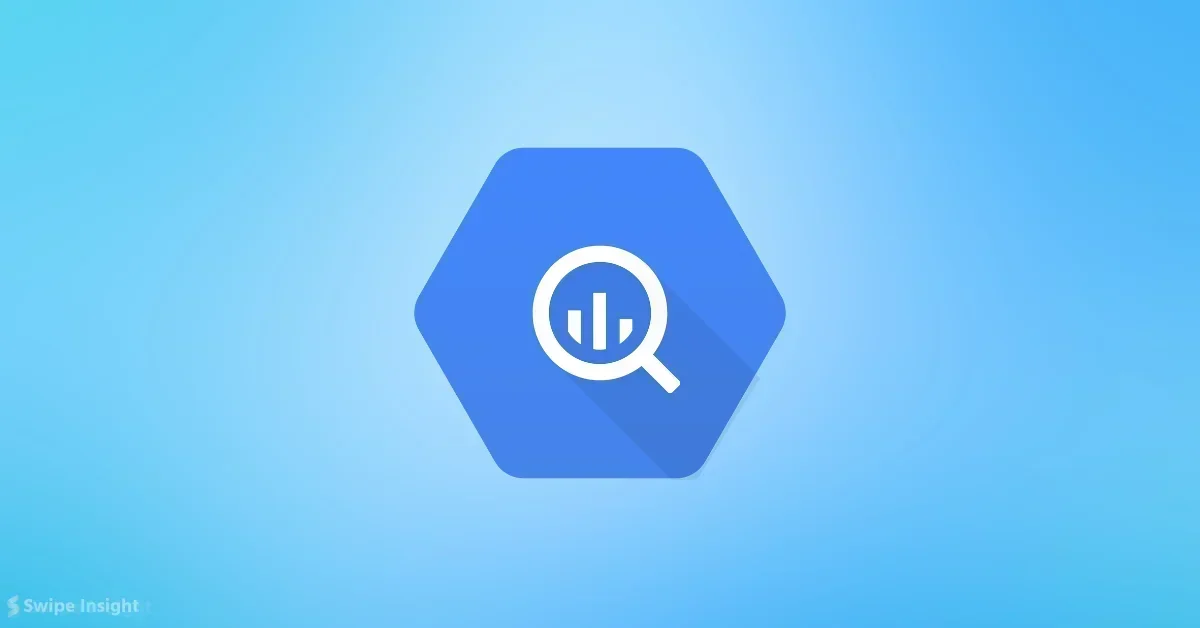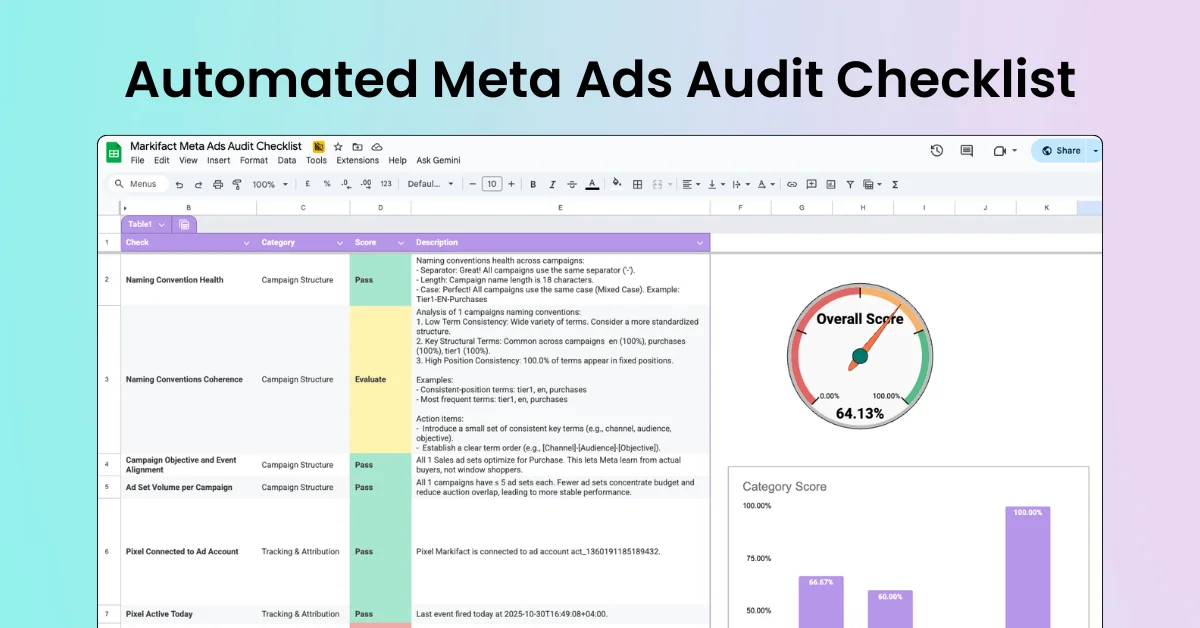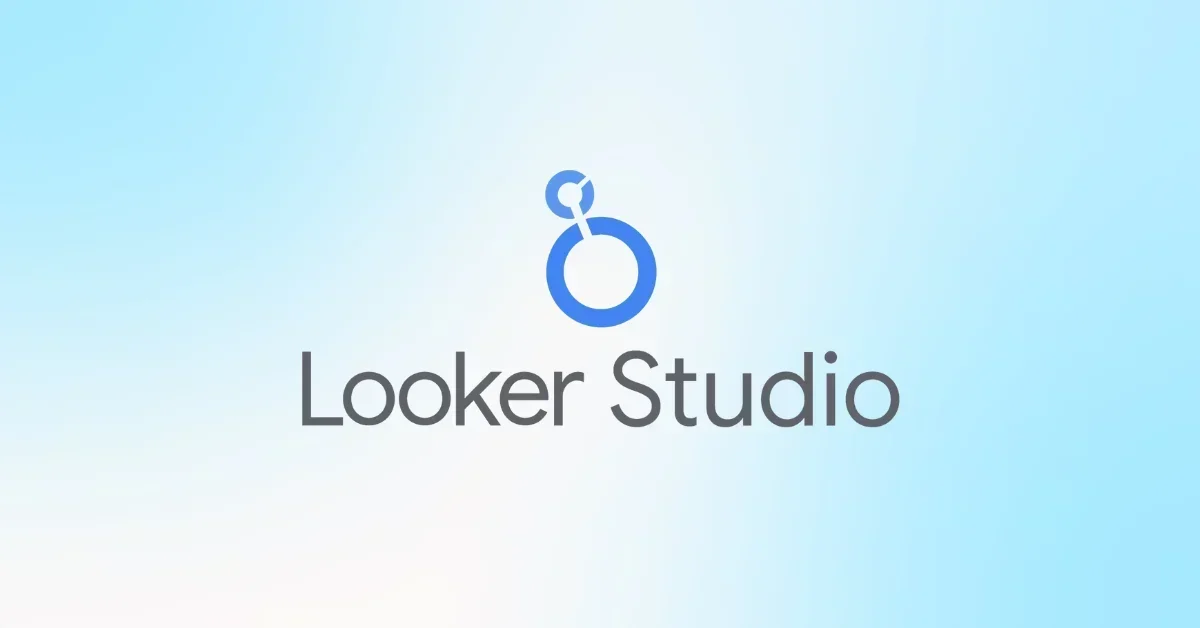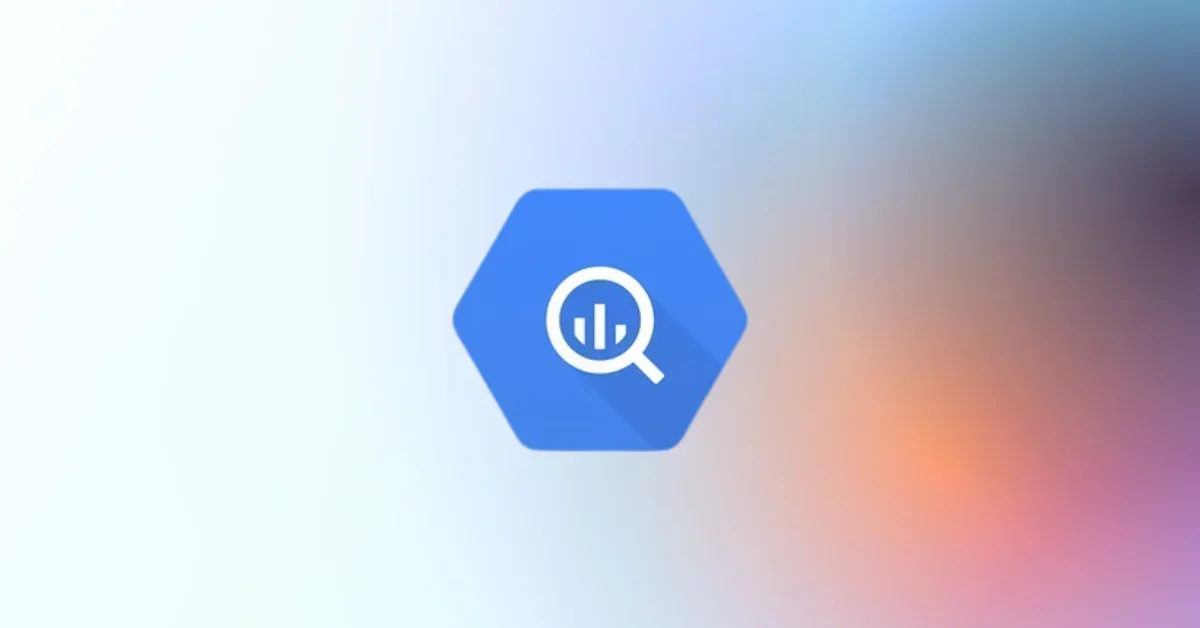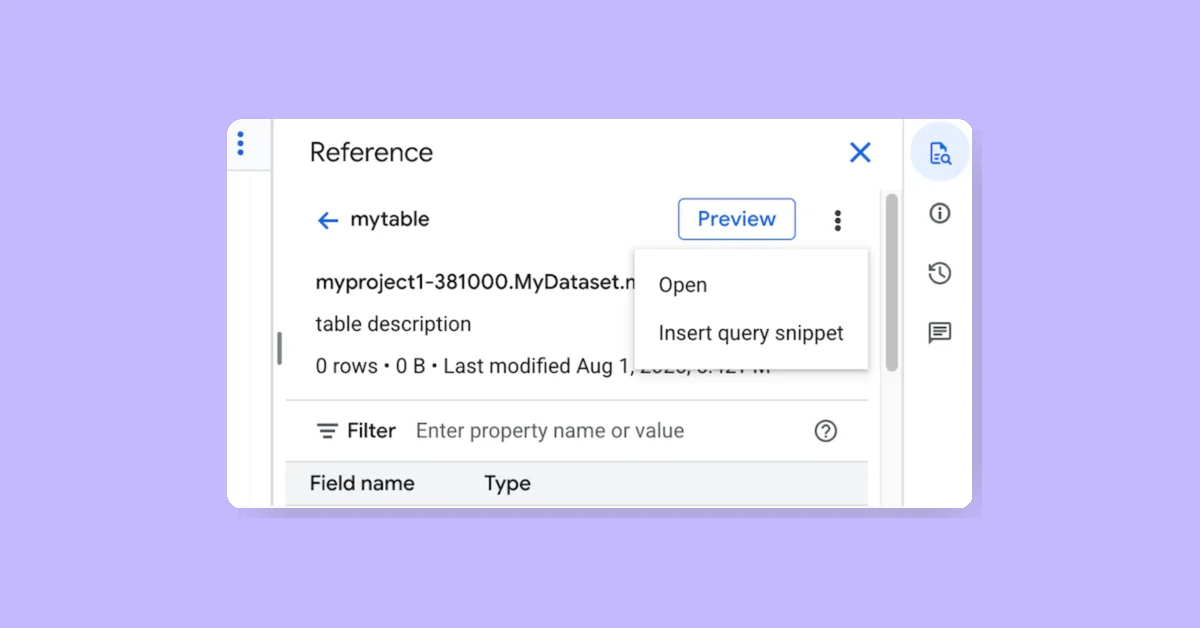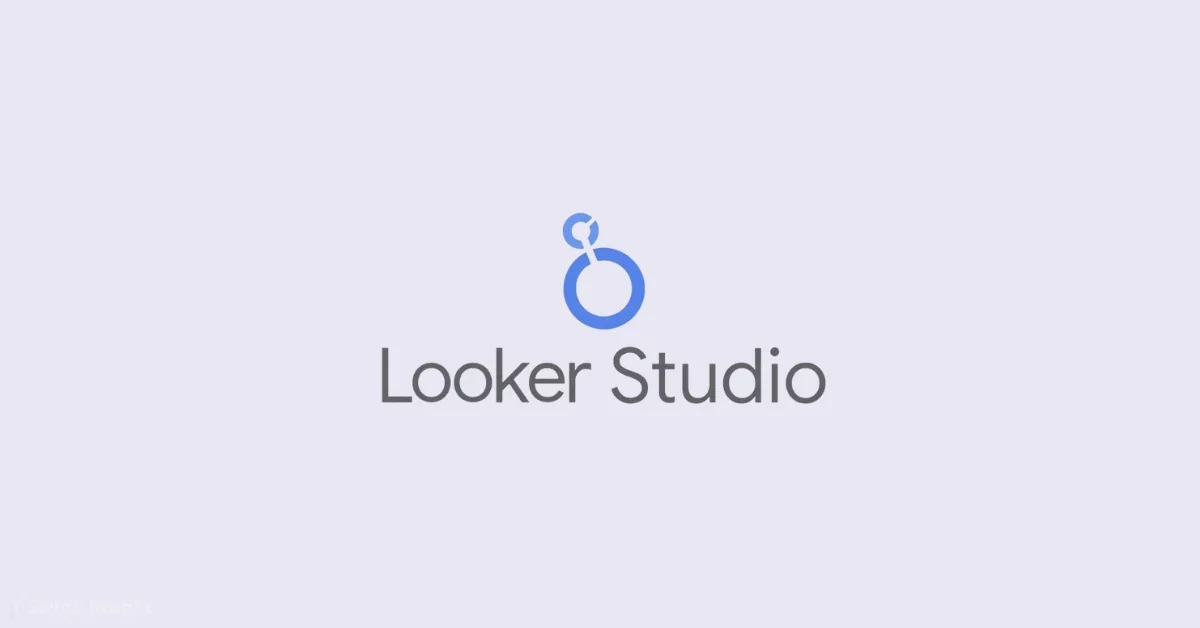The Google Cloud Conversational Analytics API, now in public preview, is designed to simplify and enhance analytics by enabling natural-language queries embedded in custom applications, internal tools, or workflows. It allows users to interact with BigQuery or Looker data through chat interfaces anywhere, such as alongside dashboards, in Slack, or within company web apps. This API merges Google's advanced AI models with Looker's semantic layer and BigQuery's context engineering to deliver accurate, trustworthy insights in natural language, making data-to-insight interaction seamless within daily workflows.
Key Features and Benefits
- Natural Language Querying: Enables complex analysis and intuitive data experiences by allowing users to ask questions in natural language and receive data, chart, and text answers.
- Integration and Flexibility: Developers can embed conversational analytics in various environments, build multi-agent systems, and orchestrate agents using the Agent Development Kit (ADK).
- Trusted Data Access: Leverages Looker's semantic model to reduce data errors by up to two-thirds, ensuring queries are grounded in accurate business data.
- Advanced AI Tools: Includes Text-to-SQL powered by Gemini in BigQuery, context retrieval tailored by organizational usage, Looker’s NL-to-Looker Query Engine, a Python code interpreter for advanced analytics, charting tools, and plain-language insights.
- AI-Assisted Context Engineering: Uses retrieval augmented generation (RAG) and Gemini models to understand business-specific terminology and context, improving query relevance and accuracy by learning from past interactions and metadata.
- Low Maintenance: Stateful APIs for agent and conversation management reduce upkeep, while stateless chat APIs provide full control over user experience. Agents can be version-controlled and updated without disrupting production.
- Enterprise-Grade Security: Role-based access controls, row and column-level data access restrictions, and built-in query limits protect data and manage costs.
- Cross-Platform Usability: Agents can be consumed via API anywhere insights are needed, including support tickets, field tablets, and messaging apps, benefiting business users, analysts, and developers alike.
- Developer Resources: Comprehensive documentation, REST APIs, SDKs, example Colab notebooks, a streamlit app on GitHub, and a TypeScript reference application facilitate easy adoption.
Architecture and AI Capabilities
The API employs an agentic architecture that allows developers to compose AI-powered agents with configurable capabilities. These agents use purpose-built models fine-tuned for data analysis tasks, providing accurate answers and advanced computations such as forecasting and root-cause analysis through the Code Interpreter. The architecture supports multi-agent systems and integrates with Google’s latest Gemini AI models.
Contextual Understanding and Learning
Conversational Analytics agents gather and utilize extensive context about data and user queries to enhance accuracy. They recognize synonyms and organizational terminology, adapt to frequently queried fields, and remember previous interactions to provide relevant responses. AI-assisted metadata suggestions help populate business glossaries and column descriptions, accelerating agent training.
Use Case Example
The Google Health Population app is being developed using this API, showcasing its application in real-world scenarios requiring conversational data insights.
Overall, the Conversational Analytics API empowers organizations to embed conversational AI-driven analytics directly into their workflows and applications, making data insights more accessible, accurate, and actionable across all levels of users.
